Elementary school curricula
Browse the fun, free courses and activities that invite you to explore computer science with your elementary school students.

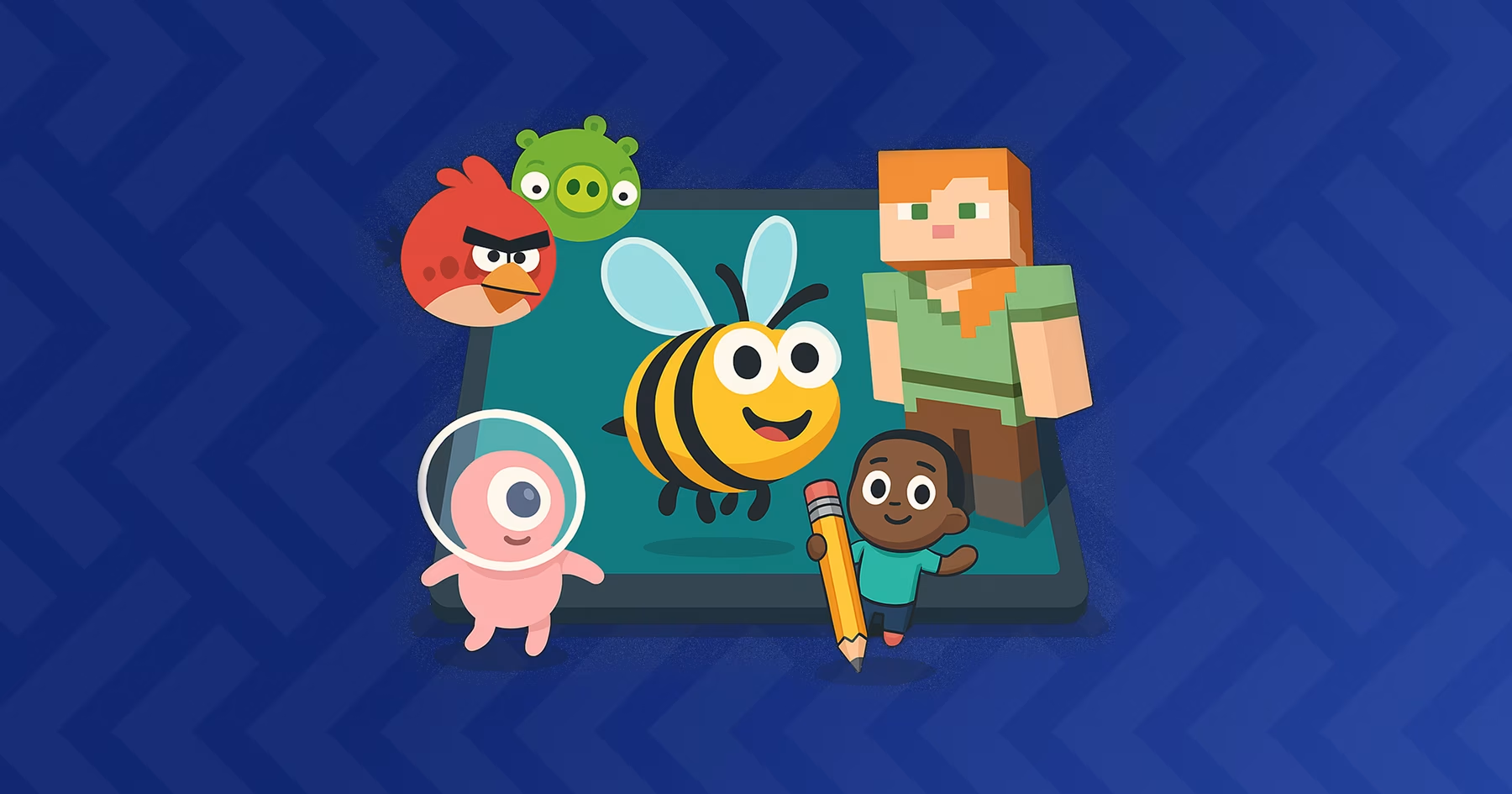
Grades K-5
Computer Science Fundamentals
Free set of elementary curricula that introduces students to the foundational concepts of computer science and challenges them to explore how computing and technology can impact the world.

Grades 3-5
Computer Science Connections
Makes connections between learning computer science (CS) and other subjects like math, language arts, science, and social studies.
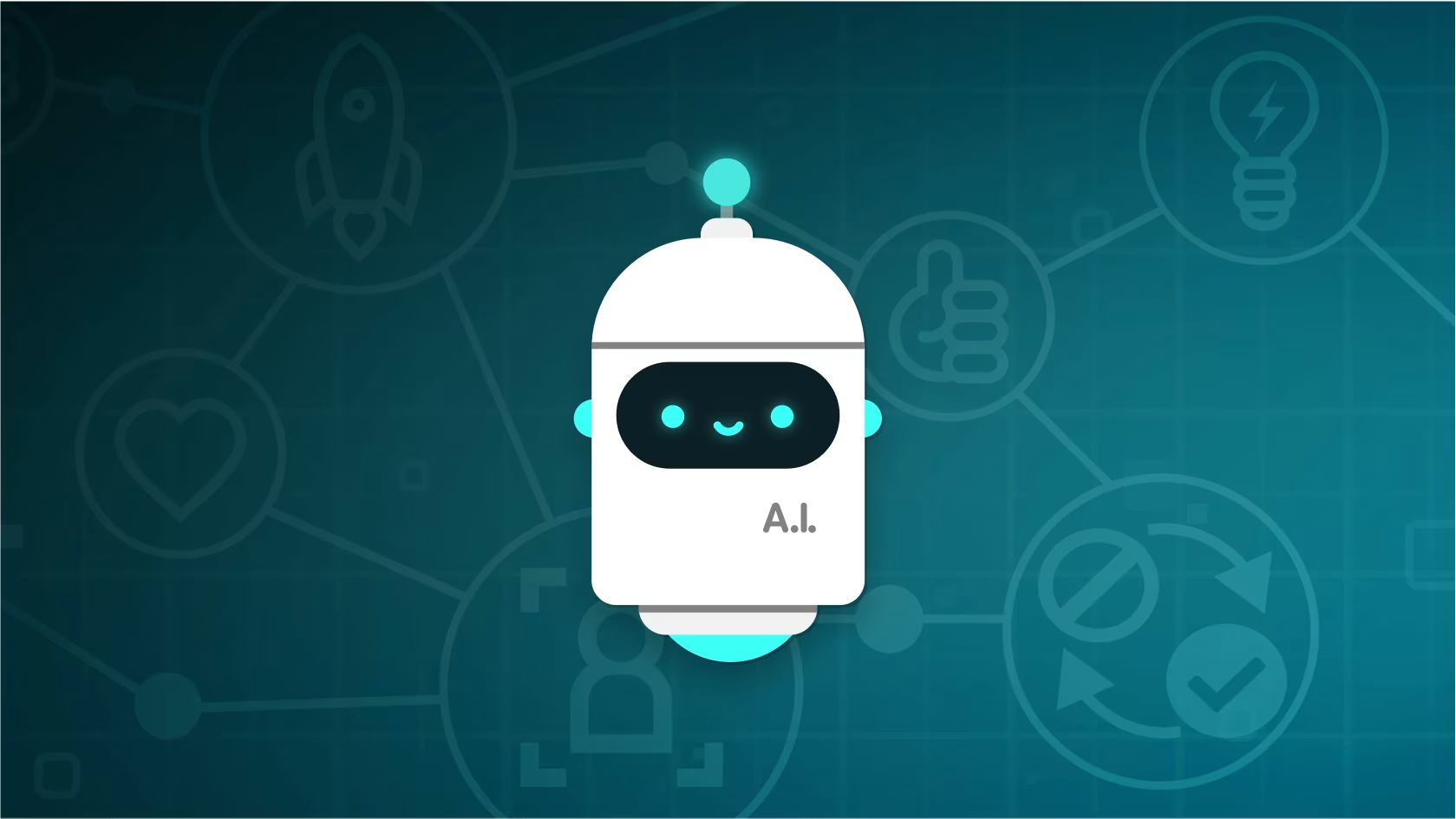
Grades: 3-12
Artificial Intelligence (AI)
Explore how artificial intelligence (AI) is shaping our world with classroom-ready resources for grades 3–12. Access engaging free curricula, real-world integrations, videos, and tools that help demystify AI and show how it’s transforming the way we live, work, and learn.
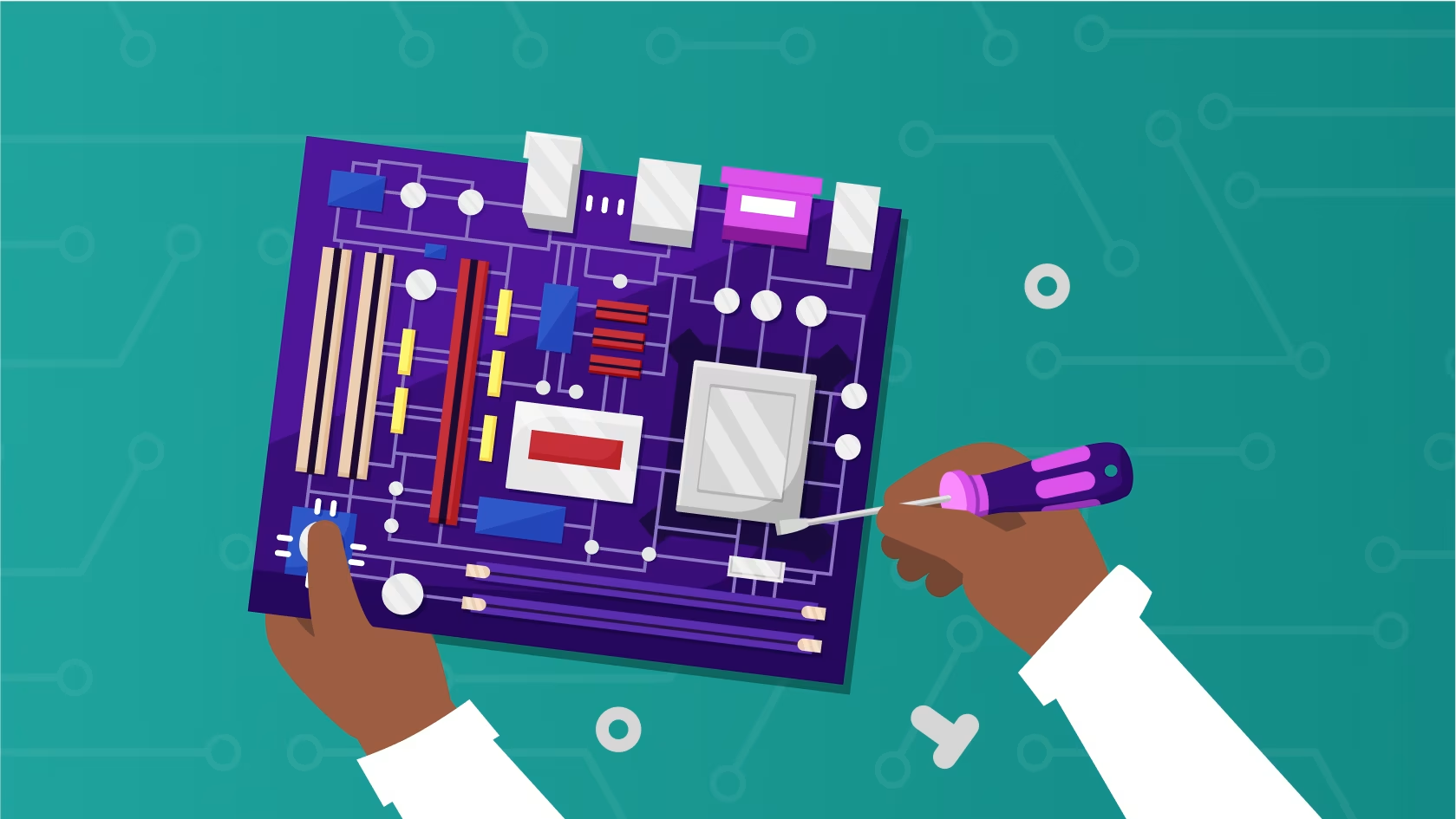
GRADES 3-12
Maker Curricula
Code.org's free maker education takes STEM (Science, Technology, Engineering, Mathematics) a step further by inviting hands-on experience and collaboration into the classroom to help teach problem solving and critical thinking.
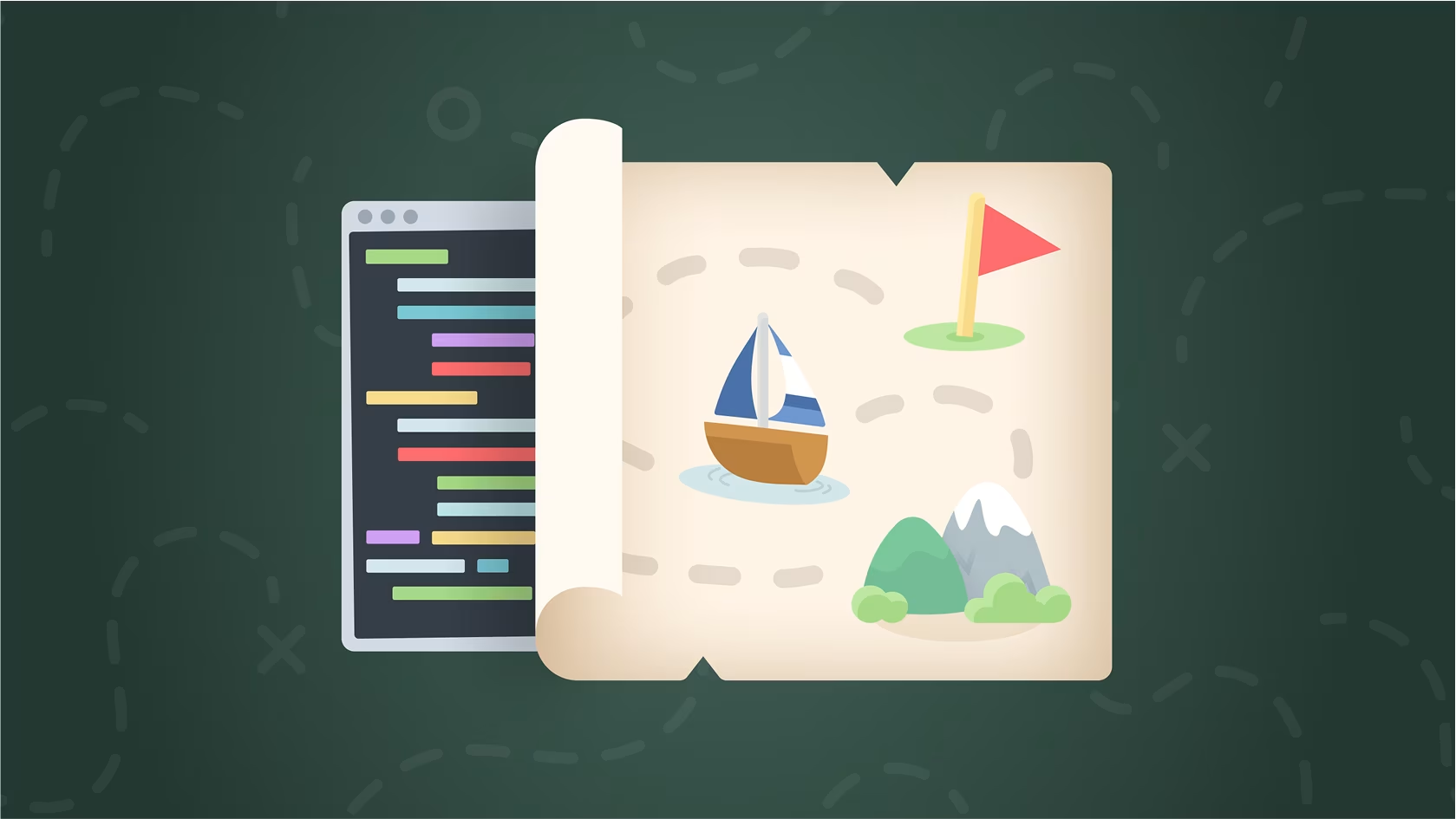
Grades 3-12
Game Design Curricula
Discover the exciting world of game design with Code.org's free curriculum. Our game design units foster creativity, problem-solving, and critical thinking skills, empowering students to bring their own interactive experiences to life.
Additional resources
Paragraph
Curriculum Catalog

Comprehensive curriculum offerings for every grade and experience level featuring robust structured and self-paced learning options.
Professional Learning

Flexible, high-quality training that helps build confidence and equips teachers to effectively teach computer science with our curriculum.
Hour of AI
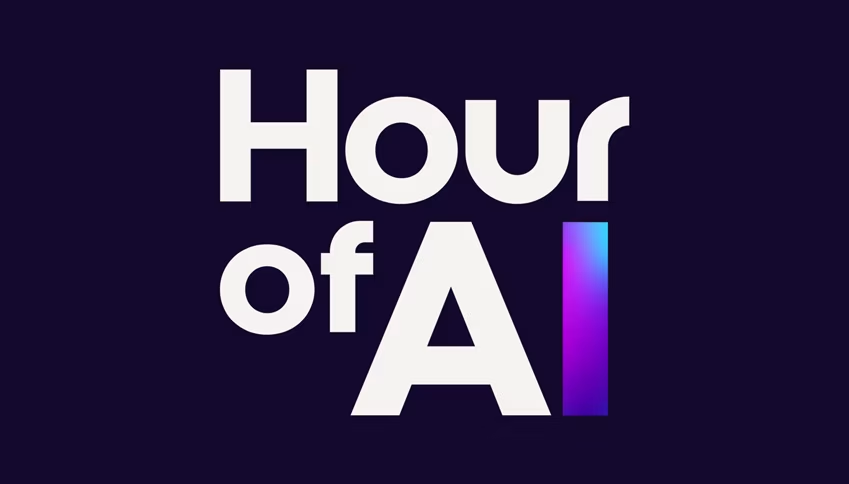
Looking for more short-form activities and resources for all age levels? Explore our library of Hour of AI activities and tutorials!